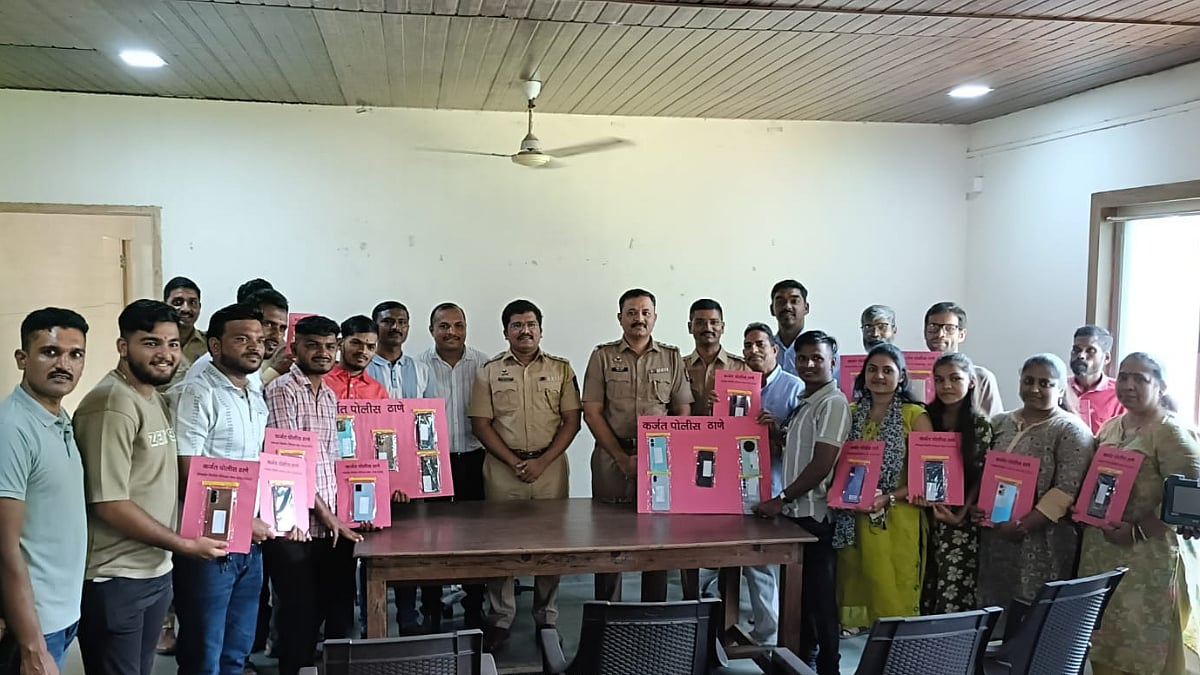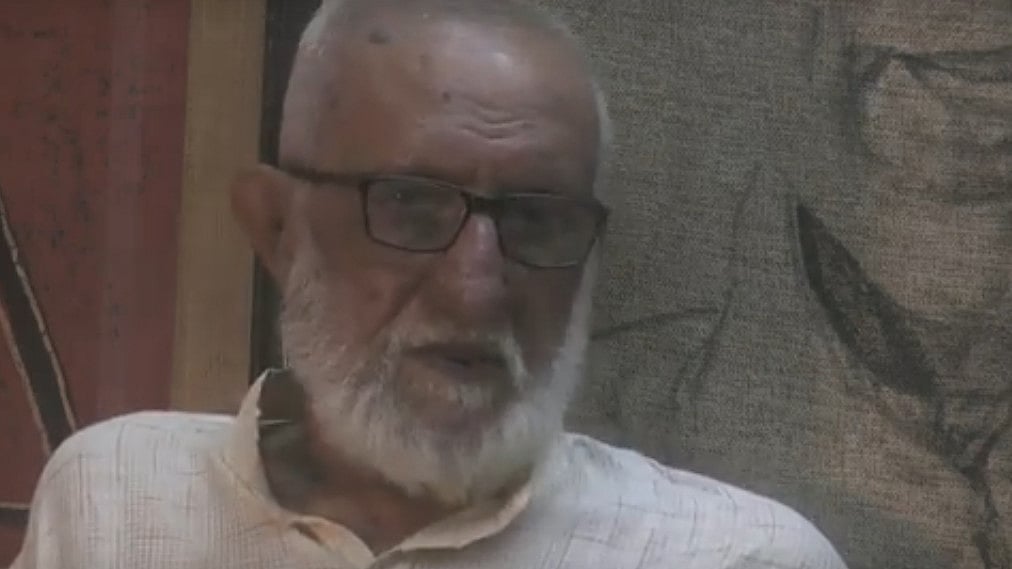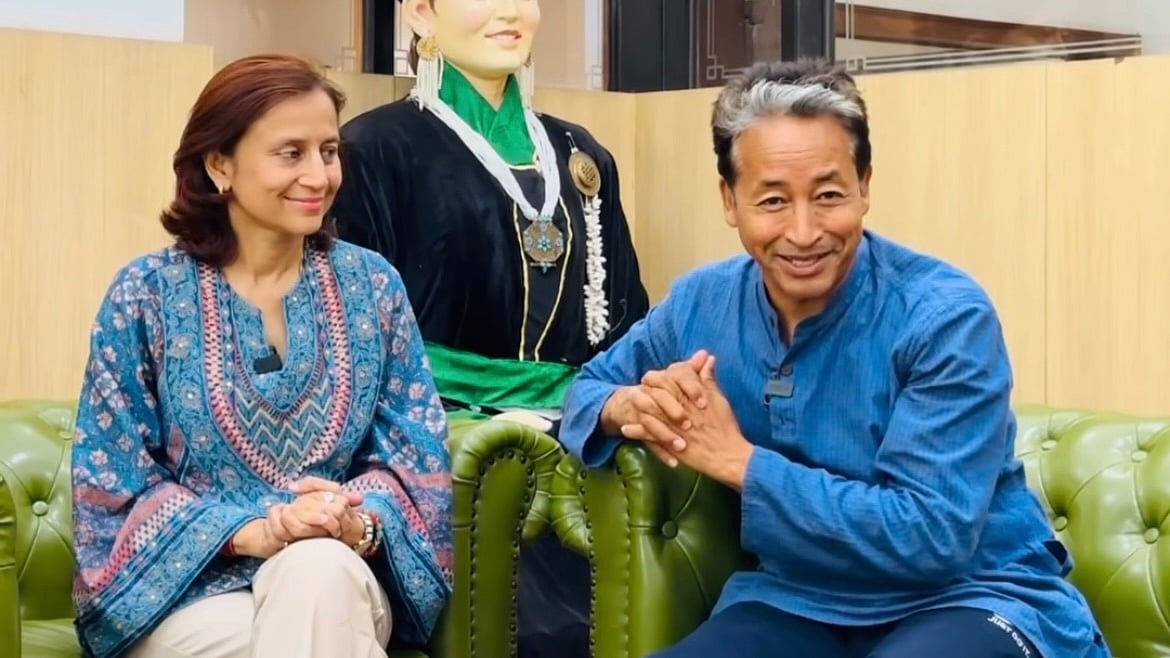Unquestionably, there are two Indias co-existing, with widely differing responses to the dreaded pandemic COVID-19 or coronavirus. The media in general reports and caters essentially to urban India and even within that to metros and other big cities. The cold reality is that rural India remains largely unreported.
Indeed, we do not adequately know what has become of rural India with its teeming millions subsisting with its virtually non-existent laboratories to test a deadly affliction and to treat it adequately with proper wherewithal.
Mercifully, with the vote bank politics that is played in India today, the agriculturalist cannot but be a factor. More than half of India's workforce engages in farming, while agriculture contributes some 16 per cent to the country's GDP.
The lockdown in personal and business activity in all of India mandated by the Central government is on the cusp of its second spell to meet the extraordinary challenge of the deadly affliction at a time of the country’s peak farm activity which falls between April and June.
This is when the winter crop - wheat, rice and pulses - is harvested and sold. It is also peak season for fruits. Besides, it is when farmers begin sowing the summer rain-fed crop, comprising paddy, pulses, cotton and sugarcane. The lockdown has indeed hit both these seasons grievously.
Unfortunately, the coronavirus outbreak came at a time when Indian farmers were struggling and low crop prices had led to a massive slowdown of rural consumption. The state of paralysis and the shortage of labour may hamper the harvesting of winter crops, and will likely have a long-term effect on the country’s agriculture sector.
While the virus has hit much of the world and sent it reeling, the economic shock will likely be no less severe for a country like India because pre-COVID-19, the economy was already slowing down, and also because India’s large informal sector is particularly vulnerable. Out of the national total 465 million workers, around 91 per cent (422 million) were informal workers in 2017-18, lacking regular salaries or incomes; these agriculture, migrant, and other informal workers would be hardest-hit during the lockdown period.
The saving grace for India is that last winter’s crop has been bountiful. India has a robust food stockpile - some 60 million tonnes of food grains - and the world's largest state-run food distribution programme. Food shortages are unlikely. But the challenges are in supporting farmers, sharecroppers and labourers until things return to normal; getting food to the poor and securing the harvest for the next season. These are no mean challenges in these hard times.
With lockdowns extended from April 15 for the next 19 days, there indeed are torrid times ahead with industrial activity at a standstill and the rural sector steeped in uncertainty.
There is also the spectre of coronavirus penetrating more deeply into the rural regions, which would be catastrophic given the scale of operation required to stem disease and hunger in the vast Indian hinterland.
The Centre recently unveiled a ₹1.7 lakh crore COVID-19 economic relief package, which includes direct cash transfers for farmers and a hike in MGNREGA wages. But this would at best afford marginal relief. A fresh package for the farm sector is believed to be on the anvil. But considering the magnitude of the task ahead, any relief package can only scrape the surface.
Noted agricultural scientist and father of Green Revolution M.S. Swaminathan made an impassioned plea recently for mobilising our institutional infrastructure, starting with the panchayats (democratic institutions), and including institutions providing technological support, mainly for market-driven skills development. Those like Dr Swaminathan need to be duly heeded.
While there is no knowing when the COVID-19 crisis would end, it would leave in its wake a deeply-affected farm sector. It would indeed take a long time to bring the sector to a level of comfort. It would be no mean challenge to stave off penury and starvation.
One shudders to think of the consequences with the ways and means position of the Centre and the states are severely stretched.
There are opportunities too waiting to be harnessed with the US and Japan having already indicated that they have plans to shift the base of some key industries out of China. Whether India would manage to attract a major part of the investment would depend on many factors but there is no denying that it is a fair possibility and India must work towards it.
The Indian small scale sector was badly crippled by clever Chinese manoeuvring and this is the chance for them, with active governmental help, to resurrect itself and bounce back into health. The Chinese trump card was low prices but the quality of most of its products left a lot to be desired. India can score over them if it beats China on quality while maintaining a low price structure. If that requires governmental subsidies, so be it to safeguard Indian industry.
Many multinational firms are looking at India as an investment destination. This is India’s chance to show that it is up to the challenge. As the country from which coronavirus originated, China’s credibility is low while India has the clear edge in working conditions of its labour.
As the COVID-19 menace abates, India has no time to dither. It must take pro-active steps to revive the small scale sector while giving a friendly nudge to major investors working towards shifting their manufacturing base to this country.
The writer is a political commentator and columnist. He has authored four books.










